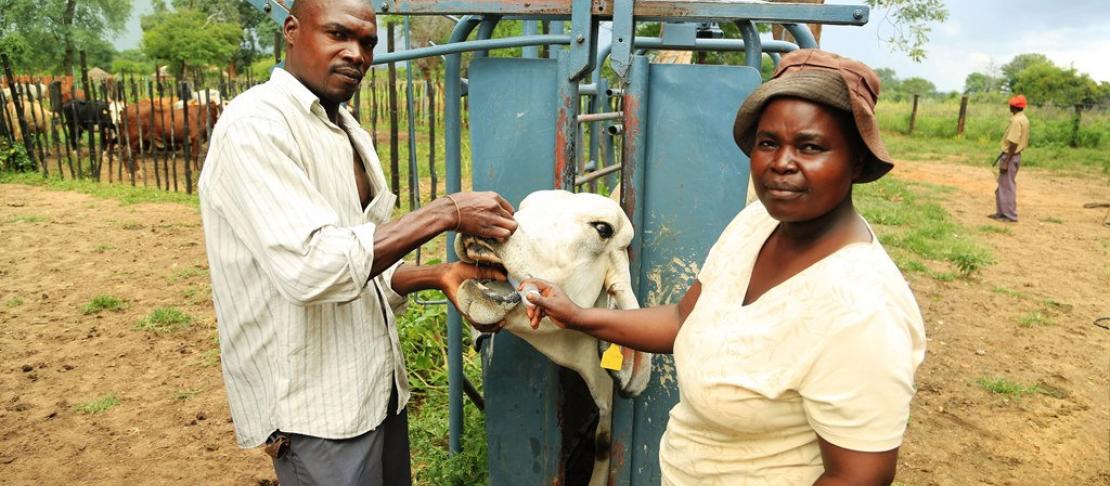Climate change: a challenge worth turning into a global health opportunity

Avoiding catastrophe is one way of looking at combatting climate change, another is to focus on the benefits of properly tackling it.
We do not often hear about the risks which climate change poses to human health even though they are many and serious. Properly tackling climate change, therefore, may be "the greatest global health opportunity of the 21st century," according to this new report by the Lancet Commission on Health and Climate Change, co-authored by Delia Grace, veterinary epidemiologist at the International Livestock Research Institute (ILRI).
Already, the direct effects of climate change to human health and survival are being felt across the globe in the form of more frequent floods, droughts, and heat stress as well as increased occurances of intense storms.
Among the health effects cited in the report are "the spread of disease vectors, food insecurity and under-nutrition." Human health is also at risk indirectly, due to factors such as increased livestock diseases. This is in part because more than 60 percent of human pathogens are zoonotic, or transmissible from animals, according to the CCAFS info note 'Impact of climate change on African agriculture: focus on pests and diseases', co-authored by ILRI scientists Bernard Bett, Delia Grace, James Kinyangi, Johanna Lindahl, Timothy Robinson and Philip Thornton. Therefore, animal pests and diseases, exacerbated by climate change, cannot only worsen food insecurity but also make people more likely to acquire diseases.
Even though we are all exposed to the healt effects of climate change, some groups are more vulnerable than others due to "existing socioeconomic inequalities, cultural norms, or intrinsic physiological factors. These groups include women, young children and older people, people with existing health problems or disabilities, and poor and marginalised communities."
Many mitigation and adaptation strategies come at little opportunity cost
The good news from the Lancet report is that many mitigation and adaptation strategies come at little opportunity cost. As the report states the solutions proposed are "no-regret" options which can help reduce the burden of disease, while simultanously alleviating poverty and global inequity.
Read the full report: Health and climate change: policy responses to protect public health
Read more on ILRI blog: Tackling climate change could be the greatest global health opportunity of the 21st century–The Lancet
David Valentin Schweiger and Lili Szilagyi are Communications and Outreach student assistants at the CCAFS Coordinating Unit in Copenhagen.
